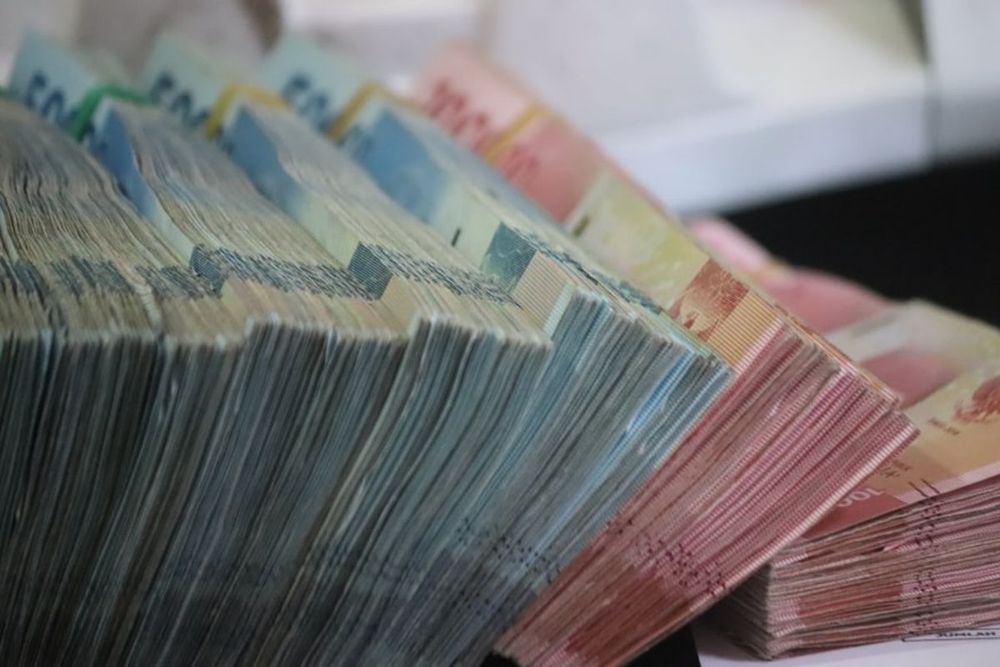S&P Global Ratings says the new tax on corporate profits will help the UAE diversify away from oil and help the smaller emirates that make up the Gulf nation.
In a report released on Monday, S&P noted that if the federal government uses tax receipts to fund UAE-wide capital expenditure, it will indirectly benefit economic activity in individual emirates.
Trevor Cullinan, credit analyst at S&P said,
“The broadening of the government’s revenue base should support smaller emirates’ economies, “however, the full impact is unclear because it is not yet known how the tax will be distributed.”
The tax could pressure banks, corporates, and insurers, “but this will be manageable and not significantly affect their creditworthiness,” he said.
The UAE plans to levy a 9 percent corporate expense from June 2023.
Dubai Islamic Bank, one of the city's greatest lenders, anticipates that the nation should stay competitive after the tax is in effect.
Last week, Fitch Appraisals said the expense could have “uneven credit implications” on organizations.
The company anticipated increased interest in the UAE's freezones, regions that work under unique guidelines and will stay absolved from the new expense.
Dubai is home to the country's biggest number of free zones, which include the airport and a global financial centre.
News Source: Gulf Business









